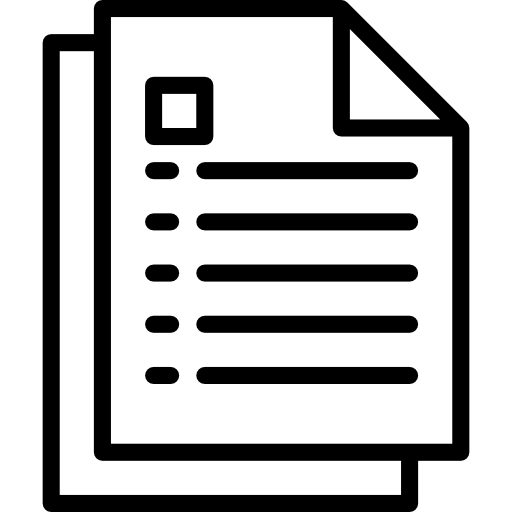Reliable Personal Tax Accountant In Toronto
Making Taxes Easy

File with us remotely

File with us in person
Taxable Income in Canada
What is the definition of taxable income?
Wages, salaries, tips, bonuses, vacation pay, severance pay, and commissions are taxable income or income examples with personal exemptions and deductions. Also include:
- Dividends and interest
- Compensation for specific forms of disabilities
- Recompense for joblessness
- Remuneration for jury members and election workers
- Benefits of strike and lockout
- If the account’s value exceeds the “nominal” value, the bank will give you a “gift” for opening or adding to it
- A debt cancellation (unless excludable by law or regulation)
- Alimony
- Rental income, farm revenue, and business income are all examples of sources of income
- Royalties
- Partnership/S-corporation revenue, trust/estate income
- Commissions for executors
- Fees or property received in exchange for services or payment obtained through barter
- Prizes, rewards, gambling gains, and unlawful revenue are all examples of illegal income
- Several scholarships, fellowships, and awards
Non-Taxable Income In Canada
What is non-taxable income, and how does it differ from taxable income?
It’s income that isn’t taxed if specific requirements are met, and it includes things like:
- Most inheritances and gifts
- Profits from life insurance
- Support for children
- Some veteran’s benefits
- Yields on life insurance loans for veterans
- Monetary assistance
- Medical expenses that were not previously deducted are reimbursed by insurance
- Monetary compensation for a personal physical injury or disease
- Remuneration for employees
- Public Safety Officers may receive some eligible pension payouts
- Income from scholarships that qualify
Tax Credits & Deductions
Tax credits are used to lower your taxes if you are in a payable situation as deductions are used to lower your taxable income. Depending on your given tax scenario, we assess your income earned for the taxation year and strategically apply federal tax credits and deductions that work in your favor.
Our Tax Experts Offer Tax Solutions
Each year, you need to file a tax return with the Canada Revenue Agency (CRA) to declare your earnings. At NRK Accounting, we work one on one with our clients so that we gain an understanding of their unique tax situation and apply our experience and strategies accordingly. Our proactive hands-on approach allows us to offer our clients a practical tax strategy which in turn allows us to claim a maximum refund or minimize a tax liability, making sure that every available deduction and tax credit are claimed. Get in touch with your local trusted Personal Tax Accountant in Toronto for a free consultation and learn how our experienced tax accountant professionals can help you.
Frequently Asked Questions
Anyone who has earned income, must file a tax return. Even if no income has been earned in the tax year, and the taxpayer is over 18 years of age or turned 18 in the tax year, a return must be filed to receive provincial and federal benefits.
The tax deadline for individuals in Canada is due by April 30. Self-employed tax deadline is June 15. If any of these days fall on a weekend, the next business day becomes the due date.
Each taxpayer’s situation is different and requires a tax experts help to apply to correct tax credits and deductions where applicable.
Yes, we can file up to 10 years of outstanding tax returns.
Sole proprietorship or partnership business taxes must be filed along with your personal tax return using the T2125 to declare business income and expenses.
RRSP is aretirementsavings plan that can be contributed to in order to save for retirement. Either yourself, your common-law, or your spouse can contribute into this plan. Other than retirement savings, its other great benefit is that the amount contributed in the tax year or in the first 60 days of the year after the tax year, can be used to lower your taxes resulting in a larger refund or a lower tax balance.
Yes, with your authorization, we can get in touch with the Canada Revenue Agency and retrieve all the necessary documents required to complete your tax filing.





